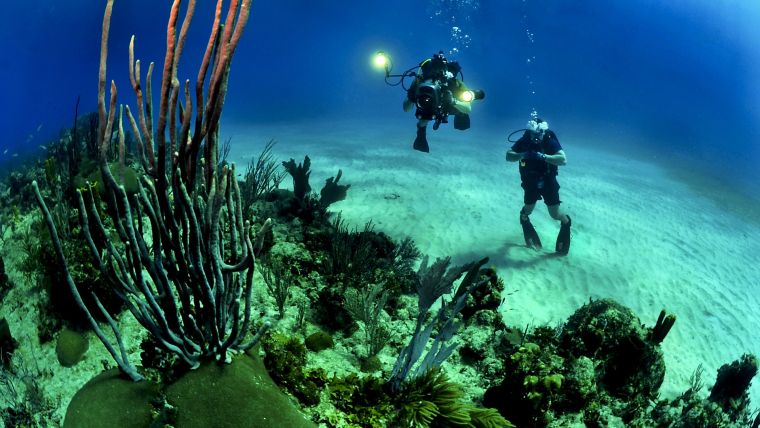Metal Pollution: the New Danger for Corals in Warming Oceans
In a study led by Cornell University (US), and published in the journal Ecological Applications, scientists report evidence of metal pollution creating danger for the soft coral sea fans. "We know warming oceans pose an existential threat to coral reefs around the world," said ecologist Allison Tracy, who conducted this work with Drew Harvell, professor of marine biology. "Action to alleviate the impact of warming oceans is a priority, but understanding the role of pollutants in coral disease and mortality gives us more options for solutions."
Plastics Versus Metal
While plastics and microplastics are a well-known threat to the world's oceans, the effect of metal contamination is poorly understood, according to the researchers. Increased copper pollution can be a result of agricultural runoff and marine paint leaching from boat hulls.
Over a one-year period, the researchers tracked 175 individual sea fan colonies with varying levels of copper concentrations found in the sediment at 15 coral reef sites around Puerto Rico. They found that reefs with higher copper concentrations in the sediment suffered a reduction in recovery from multifocal purple spots disease, a disease that can plague the sea fans.
Copper and Temperature Stress
In the laboratory, Tracy found that sea fans initially launched an immune response to a damaging infection at low levels of copper and temperature stress. But when copper concentrations were boosted, the sea fans' immune response failed, which suggests that copper stressed the sea fans and eliminated their immune potential, she said. "The patterns we saw in immune markers are important because they show a mechanism through which copper and warming oceans can impair the corals' health," Tracy said.
This research supplied novel data on the role of environmental stressors in coral disease and may provide a toolkit for combatting coral disease on a local scale. "We can't manage the climate damage to coral reefs until we better understand how pollution and disease magnify the impacts of heat stress," Harvell said.
"Although healthy corals in thriving ecosystems also experience low levels of disease, the concern is that changing ocean conditions and increased pollution have led to increased disease outbreaks. As a result, corals may be losing the battle with their pathogens as ocean stressors tip the balance in favour of disease."
(Source: Cornell University. "New danger for corals in warming oceans: Metal pollution." ScienceDaily. Accessed November 20, 2019. Photo Pixabay.com).














